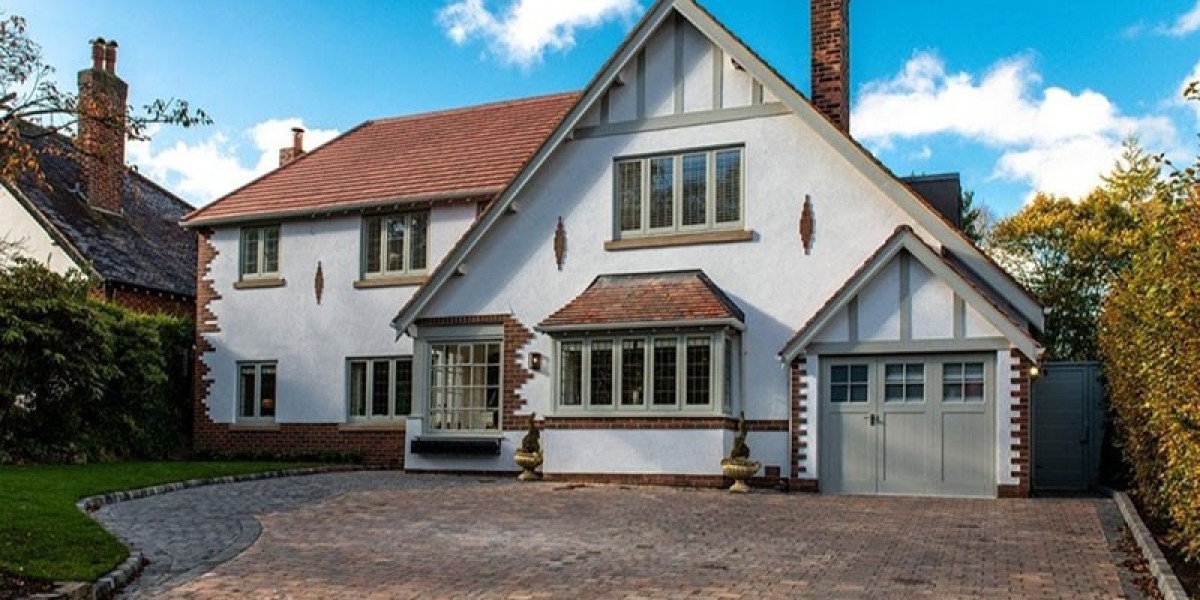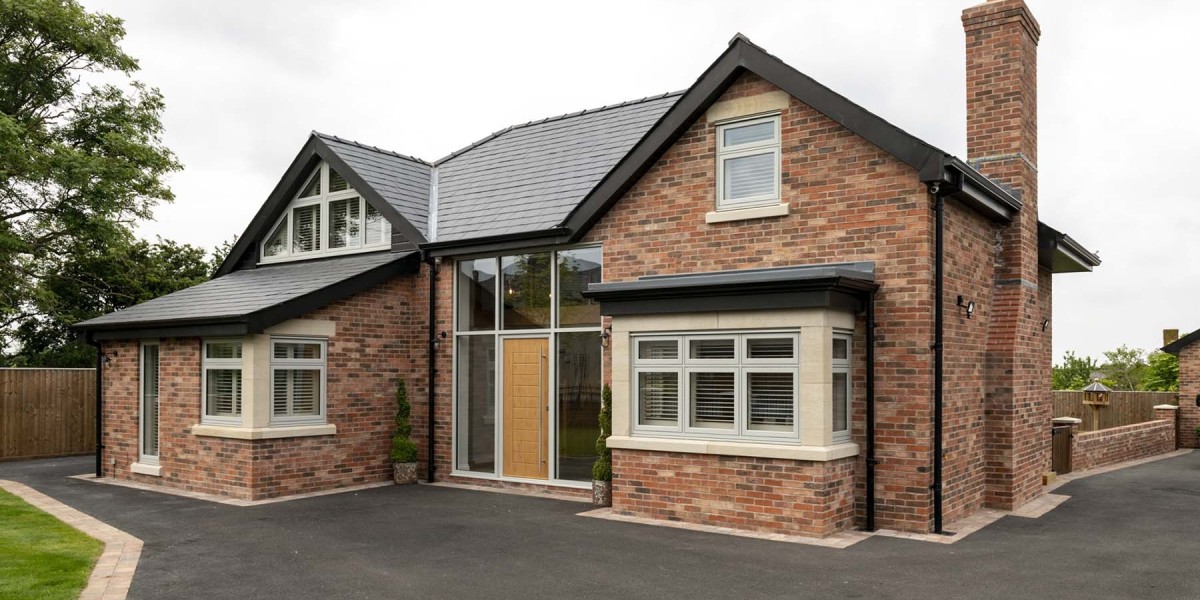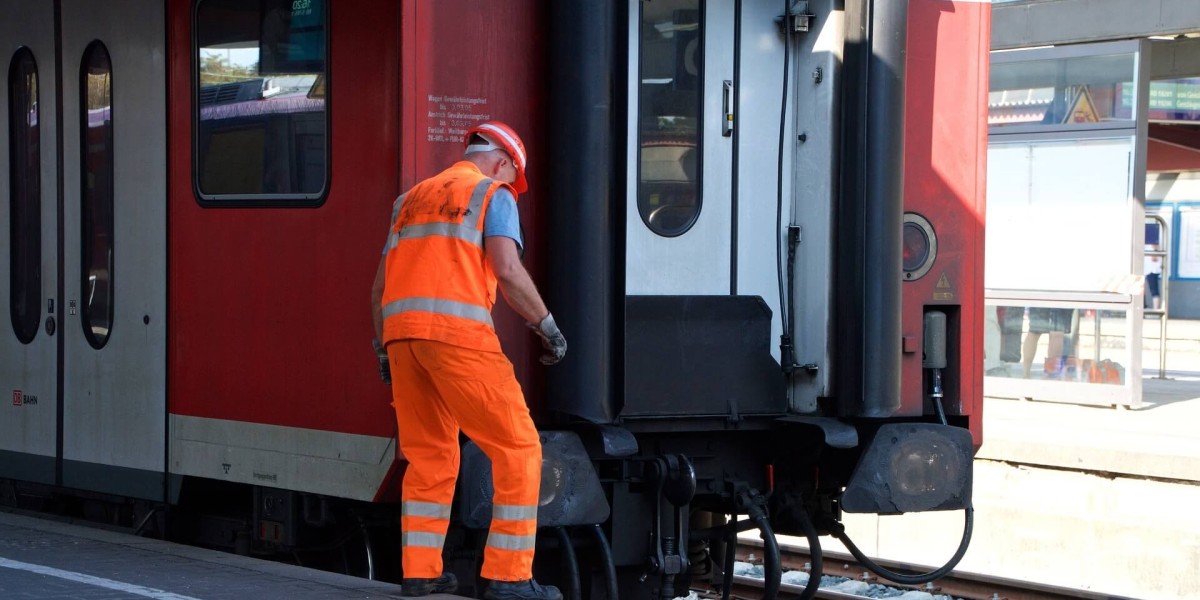In the realm of modern construction and architecture, uPVC (unplasticized polyvinyl chloride) windows have emerged as a popular choice for both residential and commercial buildings. Known for their durability, energy efficiency, and low maintenance requirements, uPVC windows offer a plethora of benefits that make them a preferred option for architects, builders, and homeowners alike. This article delves into the various advantages of uPVC windows, their applications, and why they are becoming increasingly prevalent in contemporary architecture.

Understanding uPVC Windows
uPVC is a rigid form of polyvinyl chloride (PVC) that does not contain any plasticizers. This rigidity makes it an ideal material for window frames and sills. Unlike traditional materials such as wood or aluminum, uPVC does not warp, rot, or corrode, which significantly enhances its longevity. The manufacturing process of uPVC windows involves the extrusion of the material into various shapes, which can then be fitted with double or triple glazing glass panes, providing excellent insulation properties.
Advantages of uPVC Windows
- Energy Efficiency: One of the most significant benefits of uPVC windows is their energy efficiency. The multi-chambered design of uPVC frames creates an insulating barrier that helps to prevent heat loss during winter and keeps interiors cool during summer. This thermal efficiency can lead to reduced energy bills and a smaller carbon footprint, making uPVC windows an environmentally friendly option.
- Low Maintenance: Unlike wooden frames that require regular painting, sealing, and treatment against pests, uPVC windows are virtually maintenance-free. They can be easily cleaned with soap and water, and they do not require any special treatment to maintain their appearance or integrity. This feature is particularly appealing for homeowners looking for convenience and cost-effectiveness in home maintenance.
- Durability: uPVC windows are known for their exceptional durability. They are resistant to weathering, fading, and discoloration, which ensures that they maintain their aesthetic appeal over time. Additionally, uPVC does not rust or corrode like metal frames, making it suitable for various climates, including coastal areas where saltwater can be detrimental to other materials.
- Security: Modern uPVC windows come equipped with multi-point locking systems that enhance security. The robust construction of uPVC frames, combined with advanced locking mechanisms, makes it difficult for intruders to break in. This feature provides homeowners with peace of mind regarding the safety of their property.
- Sound Insulation: The dense structure of uPVC windows also provides excellent sound insulation, making them ideal for homes located in noisy urban environments. The combination of double or triple glazing with uPVC frames can significantly reduce external noise, creating a more tranquil indoor environment.
- Aesthetic Versatility: uPVC windows come in a variety of styles, colors, and finishes, allowing homeowners to choose options that complement their architectural design. From traditional sash windows to contemporary casement styles, uPVC can be manufactured to suit any aesthetic preference. Additionally, the ability to replicate the appearance of wood without the associated maintenance makes uPVC an attractive option for many homeowners.
- Cost-Effectiveness: While the initial investment in uPVC windows may be higher than that of traditional materials, the long-term savings in maintenance, energy costs, and durability make them a cost-effective choice. The lifespan of uPVC windows typically exceeds that of wooden or aluminum frames, further enhancing their value proposition.
Applications of uPVC Windows
uPVC windows are versatile and can be used in various applications, including:
- Residential Buildings: Homeowners increasingly opt for uPVC windows in new constructions and renovations due to their aesthetic appeal and energy efficiency. They are suitable for all types of homes, from bungalows to multi-story buildings.
- Commercial Properties: Many commercial buildings utilize uPVC windows for their durability and low maintenance needs. They are particularly beneficial in office buildings, retail spaces, and hotels, https://www.influencersgonewild.co.uk/blog/home-improvement-4/cost-vs-benefit-the-economics-of-window-replacement-in-harpenden-773 where long-term performance and energy efficiency are crucial.
- Public Buildings: Schools, hospitals, and government buildings often incorporate uPVC windows due to their safety features, durability, and ease of maintenance. The energy efficiency of uPVC windows also aligns with sustainability goals in public infrastructure.
- Conservatories and Orangeries: uPVC is a popular choice for conservatories and orangeries, as it can withstand varying weather conditions while providing excellent thermal insulation. This allows homeowners to enjoy these spaces year-round without excessive heating or cooling costs.
Environmental Considerations
As society becomes increasingly aware of environmental issues, the choice of building materials takes on greater importance. uPVC windows are recyclable, and many manufacturers are now adopting sustainable practices in their production processes. By choosing uPVC windows, homeowners can contribute to reducing waste and promoting sustainability in construction.
Conclusion
In conclusion, uPVC windows represent a significant advancement in window technology, offering numerous advantages that cater to the demands of modern architecture. Their energy efficiency, low maintenance, durability, security, and aesthetic versatility make them an ideal choice for a wide range of applications. As the construction industry continues to evolve, uPVC windows are likely to play an integral role in creating sustainable, energy-efficient, and aesthetically pleasing buildings. With their many benefits, it is no surprise that uPVC windows are becoming a staple in both residential and commercial architecture, paving the way for a more sustainable future in construction.







